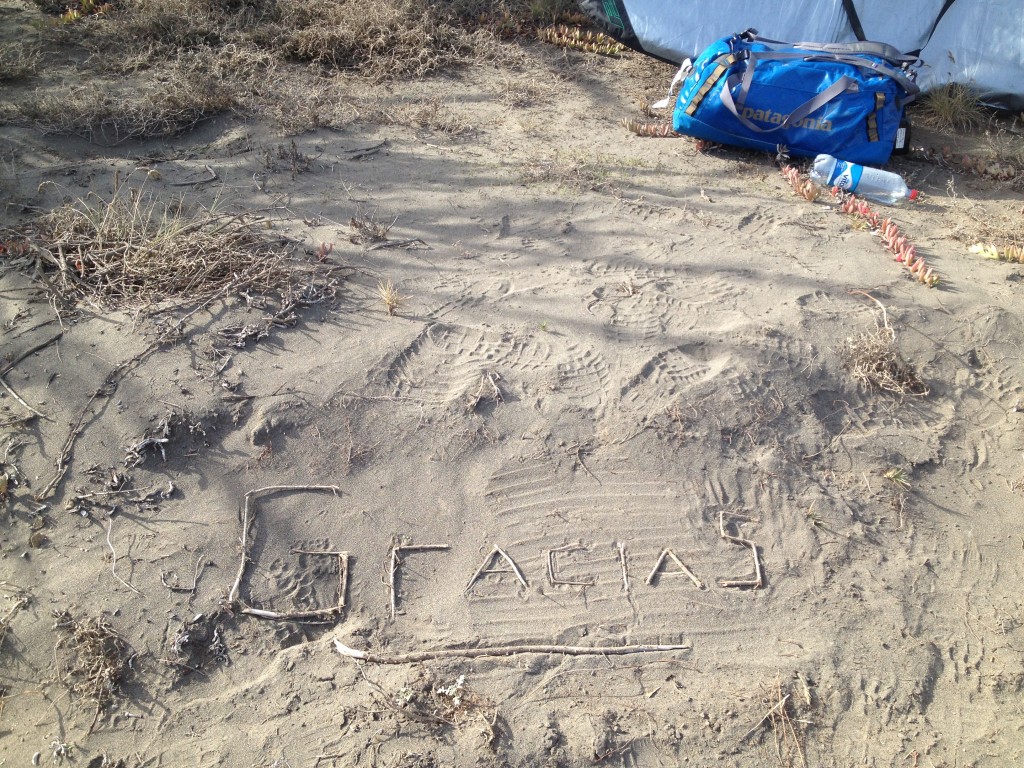Learning a Language while Studying Abroad in Chile
Learning a language by “immersion” is supposedly one of the most effective methods, but that doesn’t mean that it falls into your lap. There’s a certain amount of work required to ensure that you’re getting the most out of your immersion experience. In my time studying abroad in Chile, I learned a lot of Spanish and I also learned a lot about language in general. The language barriers I’ve faced have been varied, some have been discouraging, but I would argue that most of them have improved my Spanish in some way. I will try and pass on what I’ve learned in South America to help anyone who also wants to learn a language by immersion.
 |
| Teaching english at the Paul Harris school |
Put yourself in the way of language barriers.
As great as it is to be learning Spanish in a Spanish speaking country, it also can be easy to stick to what you know and avoid talking about subjects that you can’t communicate. You will quickly learn the simple necessities like how to order food or ask directions, but to learn how to actually converse and communicate in another language you have to do it by trial and error.
Act like a child.
This is something I’ve always had trouble with, since I feel like I need to be able to socialize with my peers the same way I do in English. However the priority should be learning Spanish rather than worrying about boring the other person. This could be up for debate, but if you want to learn Spanish, it’s going to benefit you more to talk about food, weather, and other dryer subjects instead of attempting to explain a really good story using 90% hand gestures and 10% actual Spanish. You probably won’t be as interesting to talk to as you would be in English, but I think that’s just a sacrifice you have to deal with.
Not everything translates.
This is something that I’ve had an especially difficult time accepting. I find myself thinking something in English and then trying to translate it into Spanish and it’s exhausting. At one point, I wanted to tell some Mexican international students that their accent was soothing to my ears compared to Chileans. Not knowing how to say, “soothe” in Spanish, I chose to improvise; “ Tú español es como un río en mi oreja” Wasn’t trying to be weird, it really was just very soothing. I would avoid translating in general, and instead learn that a different language has a completely different way of expressing certain things.
Language is extremely valuable.
This is something I’m still trying to understand, basically that there is much more to learning a language than simple translation. I’ve had 21 years of practice speaking English, and so have most of my friends in the States. I didn’t realize how masterful we were at English until I started communicating in Spanish. In English I can express almost any idea or feeling that I want, in almost any way that I want, and most other English-speakers will understand me almost perfectly. But when I speak Spanish, which I’ve practiced quite a bit, there’s a feeling of almost being partially blind. Grammar and vocabulary only shows the blurry outlines and shapes of the language. However as you spend more time immersed, those shapes begin to organize themselves and the images become sharpened. And with each step in any new language there are opportunities to communicate with a slightly larger portion of the world.
 |
| ¡Gracias! |







